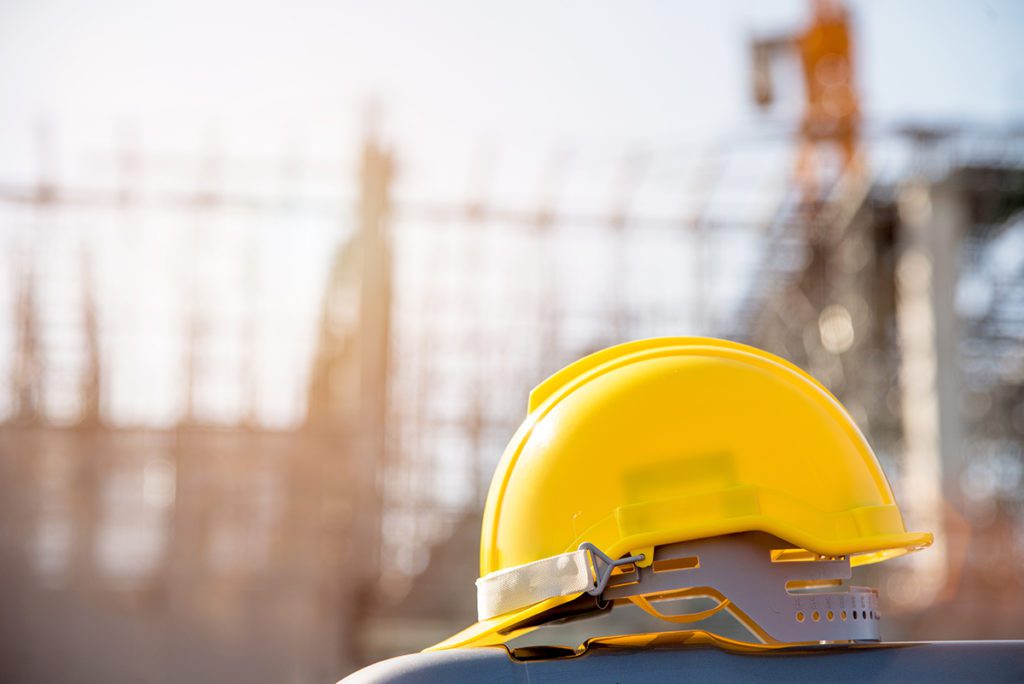
THE focus on infrastructure in the Scottish Government’s 2020/21 Programme for Government has been welcomed by industry.
First Minister Nicola Sturgeon announced that £500 million will be invested in infrastructure to support active travel.
A National Transition Training Fund will be established to support up to 10,000 people at risk of redundancy or unemployment, while £1.6 billion low carbon funding is intended to secure a transition to a net zero economy, including a £100 million Green Jobs Fund, investment in heat and energy efficiency and industrial decarbonisation.
Hannah Smith, Scotland director at the Institution of Civil Engineers said, “The importance of infrastructure is reiterated throughout the Programme for Government and the commitment to increase Scotland’s annual infrastructure investment until it is £1.5 billion higher by the end of the next Parliament is to be welcomed. We now eagerly await the forthcoming Infrastructure Investment Plan.
“A post-Covid infrastructure landscape which is green, digital and inclusive is a vision all in our sector have. Scotland’s infrastructure is worth billions of pounds, but historic under-investment means portions of it are deteriorating and failing to realise their full benefit to the economy. Declaring maintenance a National Infrastructure Priority could see this trend reversed and offer a low-risk approach to kick-starting economic growth.
“It’s also critically important that we think about our infrastructure in the context of climate change – along with building new assets to help meet net zero targets, we need to focus on adapting our infrastructure so that it can withstand the new challenges a changing climate brings.”
Hew Edgar, head of UK Government relations and city strategy at the Royal Institution of Chartered Surveyors (RICS) said, “By announcing significant investment in infrastructure, and a refreshed infrastructure investment plan scheduled for publication later this month, the Scottish Government has evidently listened to RICS and sectoral concerns around post-Covid supply chain management. A vibrant construction sector contributes significantly to an active economy, and by publishing an infrastructure plan, a higher proportion of industry participants will be able to plan, order and manufacture supplies for the diverse range of construction sites in Scotland.
“Coupled with a drive to reemploy, retrain and upskill the workforce – particularly into green industries – the Programme’s focus on the environment is also beneficial as the Scottish Government should look to renew, repurpose and regenerate Scotland’s land and built environments.
“We were not surprised by the postponement of the rating revaluation, but the delay will result in a six-year gap between revaluations (between 2017 and 2023) and a seven-year gap in the tone date (2015 and 2022). RICS appreciates that the Covid-19 pandemic, and subsequent lockdown measures, have impacted circumstances that may be seen to hinder the feasibility of this revaluation. However, the main purpose of having a Revaluation, as highlighted by the Barclay Review on business rates, is for a redistribution of the tax burden.
“The Review called for frequent and regular revaluations to take place with the valuation (tone) date to be as close as possible to the date the revaluation takes effect. Whilst this latter point will be picked up, postponing the revaluation merely undermines the five-year public debate that started with the Barclay Review, and ended in the passing of the Non- Domestic Rates (Scotland) Act 2020. This only recently legislated for the next revaluation to take place in 2022.
“Ideally, the Scottish Government should have continued with the status quo. The last thing ratepayers need is another creeping postponement, and the same degree of scepticism of the system and dissatisfaction that the previous postponement from 2015 to 2017 created.”
Robin Blacklock, chair of the Scottish Property Federation and MD of Dowbrae Property Consultancy commented, “The Scottish Property Federation (SPF) welcomes the Programme for Government as outlined by the First Minister earlier today. In particular, we support the focus on a robust and resilient wellbeing economy with additional support for jobs, infrastructure investment and a transition to a greener Scotland.
“Our economy remains fragile as a result of the Covid-19 pandemic; therefore, it remains critical that our industry is supported to help achieve the Government’s objectives.”








